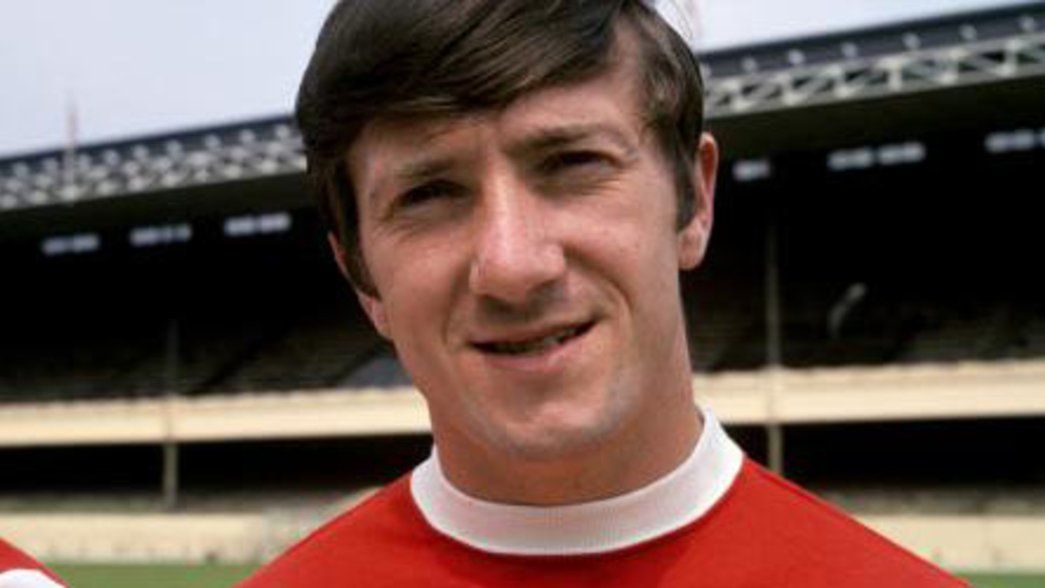George Armstrong was Arsenal to the core.
In a playing career with us that spanned almost two decades, 'Geordie', as he was affectionately known, accumulated 621 appearances, a record surpassed only by David O'Leary and Tony Adams. He would later return as part of the coaching staff.
His arrival in north London, straight from school in his native County Durham, was at a time when the traditional winger was expected to disappear. But Armstrong excelled on both flanks as an industrious team-player and goal-creator. He may have scored only 68 times for us, but he was an incredible crosser of the ball - it was estimated that the wide-man had a hand in more than half of the goals scored in the Double season of 1971.
At the peak of his powers, the theory was simple: if you don't stop Armstrong, you don't stop Arsenal. His tireless energy was one thing, but his precision from the byline made Armstrong the player he was. Messrs Radford and Kennedy had much to be thankful for.
But international recognition eluded our star. England boss Sir Alf Ramsey was not an advocate of wingers and Armstrong remained one of the most accomplished players never to have won a full cap.
His slight frame, just five feet-six inches tall and just over 11 stone, was countered by outstanding courage and grit, an attribute that helped him remain one of our most consistent performers during their mid-70s slump.
Armstrong left for Leicester City in 1977 but, via Stockport County and then coaching spells at Aston Villa, Fulham and latterly Kuwait, 'Geordie' returned to Highbury in 1990 as part of the reserve team staff.
Former team-mate, and first-team boss at the time of Armstrong's return, was George Graham. "He was such a thorough professional and a great help to me at Arsenal. As soon as I knew he was available I jumped at the chance to bring him back," he said.
Armstrong shone alongside Graham, nurturing the likes of Ray Parlour and Paul Dickov all the way to senior and international recognition.
A sincere and generous man, he died suddenly in 2000 aged just 56. Fittingly we observed a minute's silence and the players donned black armbands in their next fixture. A club legend had passed.










